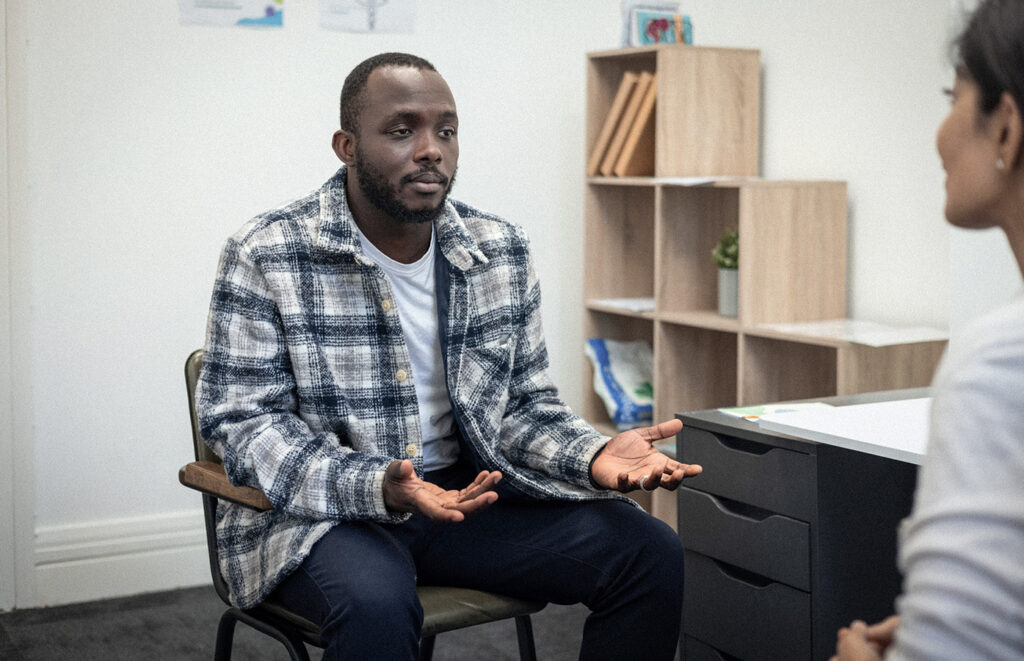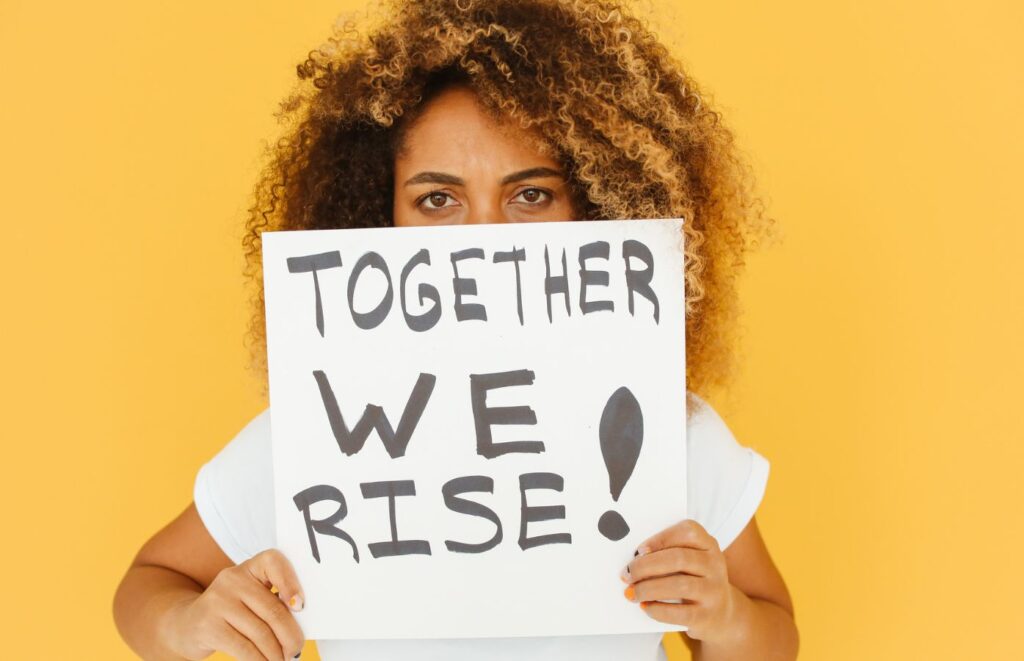Mental Health is a Social Justice Issue: UK Mental Health Law Continues to Fail Racialised Communities
The Patient and Carer Race Equality Framework must be adopted into legislation. It’s a big step towards reducing the harm that people can receive from a system that is intended to help them.

The original ‘Black Report’, published in 1989, laid bare stark racial inequalities in the UK, including within healthcare. But these inequalities were not new then, and they have continued in the 40-plus years since. Today, there’s a wealth of evidence that Black and racially minoritised people still face persistent, life-threatening inequalities in mental health care.
Our experience as mental health and social justice charity extents for 30 of those 40 years. As such, the cycle of harm that these inequalities drive is very clear to us: social injustice leads to mental ill health and mental ill health leads to experiences of social injustice.
We know that:
- Black people are over four times more likely to be detained under the Mental Health Act (MHA) than white people (NHS Digital, 2024).
- Black people are 11.4 times more likely to be placed on Community Treatment Orders (CTOs) (CQC, 2022/23).
- Black people are more likely to be restrained, secluded, or subjected to forced medication.
- Black people less likely to be offered therapy, support, or early intervention (NHS Race and Health Observatory, 2022).
- From the little data we have in Wales we know these issues exist and are live and present in our systems too.
These disparities have been acknowledged by:
- The David Bennett Inquiry (2003)
- The Crisp Commission (2016)
- The Independent Review of the MHA (2018) • The Care Quality Commission (CQC)
- The United Nations Committee on the Elimination of Racial Discrimination (CERD, 2023)
We join calls to see the Patient and Carer Race Equality Framework (PCREF) adopted into legislation.
The PCREF is the only national, co-produced, governance-ready framework to embed anti-racism in mental health. It’s been developed with communities, piloted in 18 Trusts in England, and supported by NHS England and DHSC (Department of Health and Social Care.).
But without a statute, compliance with the PCREF is voluntary, meaning it is effectively serving only as guidelines.
What a statute-supported PCREF will do:
- Require mental health services to develop Race Equity Action Plans (REAPs).
- Appoint a named board-level Responsible Person for Race Equity.
- Mandate race-disaggregated data collection on detention, restraint, treatment, and outcomes. This means that greater use of detention and restraint against minoritised people will be clearer within reporting.
- Embed community-led scrutiny and escalation mechanisms. This will make it easier for people’s own voices to be heard within the system.
- Align directly with the Equality Act, Health and Care Act, Human Rights Act, and Use of Force Act (2018)
We are concerned because the current UK Mental Health Bill:
- Excludes PCREF entirely, which is why compliance remains voluntary.
- Does not create any statutory obligation to monitor or reduce racial disparities.
- Proposes only a limited 12-month review of CTOs (Community Treatment Orders), despite overwhelming evidence of their racialised misuse.
- Fails to operationalise race equity through data, leadership, or governance mechanisms
People seeking help deserve safety
The harms that people experience are not one-off instances relating to a specific person, or a specific set of circumstances. It’s much wider than that. These inequalities are baked into the system; that’s what needs to change if we are to break this cycle and protect future generations.
Something as important as safeguarding people’s safety within mental health support can’t be an advisory matter. We need something far stronger; racially minoritised people seeking help from the system deserve to have their rights properly upheld.
Much has been said around reducing waiting time to access mental health services. But if that is to prove effective at improving our collective mental health, then we need to make sure these services aren’t harming people when they get there.
Read more:


